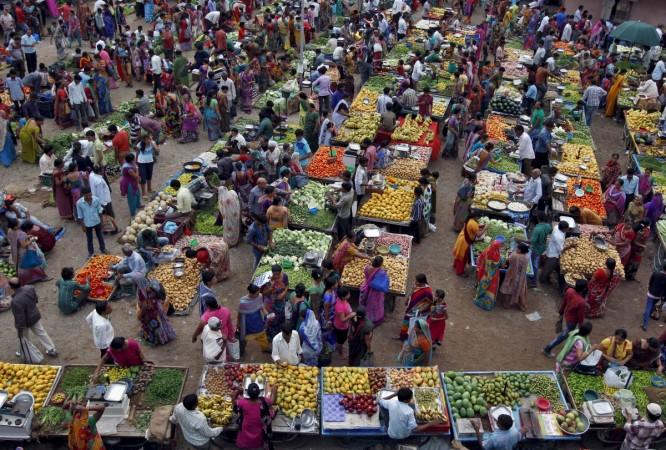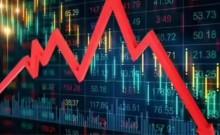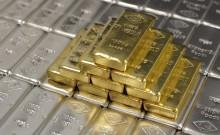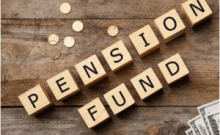
Retail inflation is bound to increase in the coming months, after hitting an almost two-year high of 5.76 percent in May, since food prices are bound to rise even further in the coming months due to multiple reasons, notwithstanding prediction of an above-normal monsoon.
"Clearly the price rise in a number of these items are less cyclical and more structural in nature. Therefore, pinning hope on monsoon to bail us out on the inflation front would be a misplaced bet," Sunil Kumar Sinha, Principal Economist, India Ratings & Research, said in a note.
"At best it would have some softening impact on cereals inflation, less on pulses given the supply and demand gap and even less on items such as meat, egg, fish, sugar etc," he added.
Prices of pulses, vegetables, sugar and meat and fish rose sharply during the month, in the range of 9 to 32 percent. The spike was the sharpest in prices of pulses, at 31.57 percent, while vegetable and sugar prices jumped 14 percent.
Meat and fish prices climbed up 8.67 percent, making matters worse for those hoping for a fall in retail inflation that would enable a reduction in interest rates.
Retail inflation was 8.28 percent in May 2014.
Credit Suisse said that fuel price increase and unfavourable weather would add to inflationary pressures in the near future.
"We expect the impact of unfavourable weather changes on food inflation to persist in the next two months. Higher domestic fuel prices in June should also add to higher inflation. This should result in CPI inflation of over 5.5% in the next couple of months," it said in a note.
BofA Merrill Lynch Global Research has said that retail (CPI) inflation would hover around 6 percent in the next two-three months on account of agflation, meaning food price-driven inflation.
Brokerage Anand Rathi Institutional Research said the two sets of macroeconomic data — retail inflation at record high in May and factory output in April — do not augur well for the economy and market sentiments, though it added "such disappointments in high-frequency data are common."
Broad consensus among analysts is that the RBI would opt to leave repo rate (policy rate/interest rate) unchanged at 6.50 percent when it meets in August.
During his election campaign for the Lok Sabha elections in 2014, Narendra Modi had said checking high inflation, corruption and bringing black money back would be his priority if his party was voted to power.

















